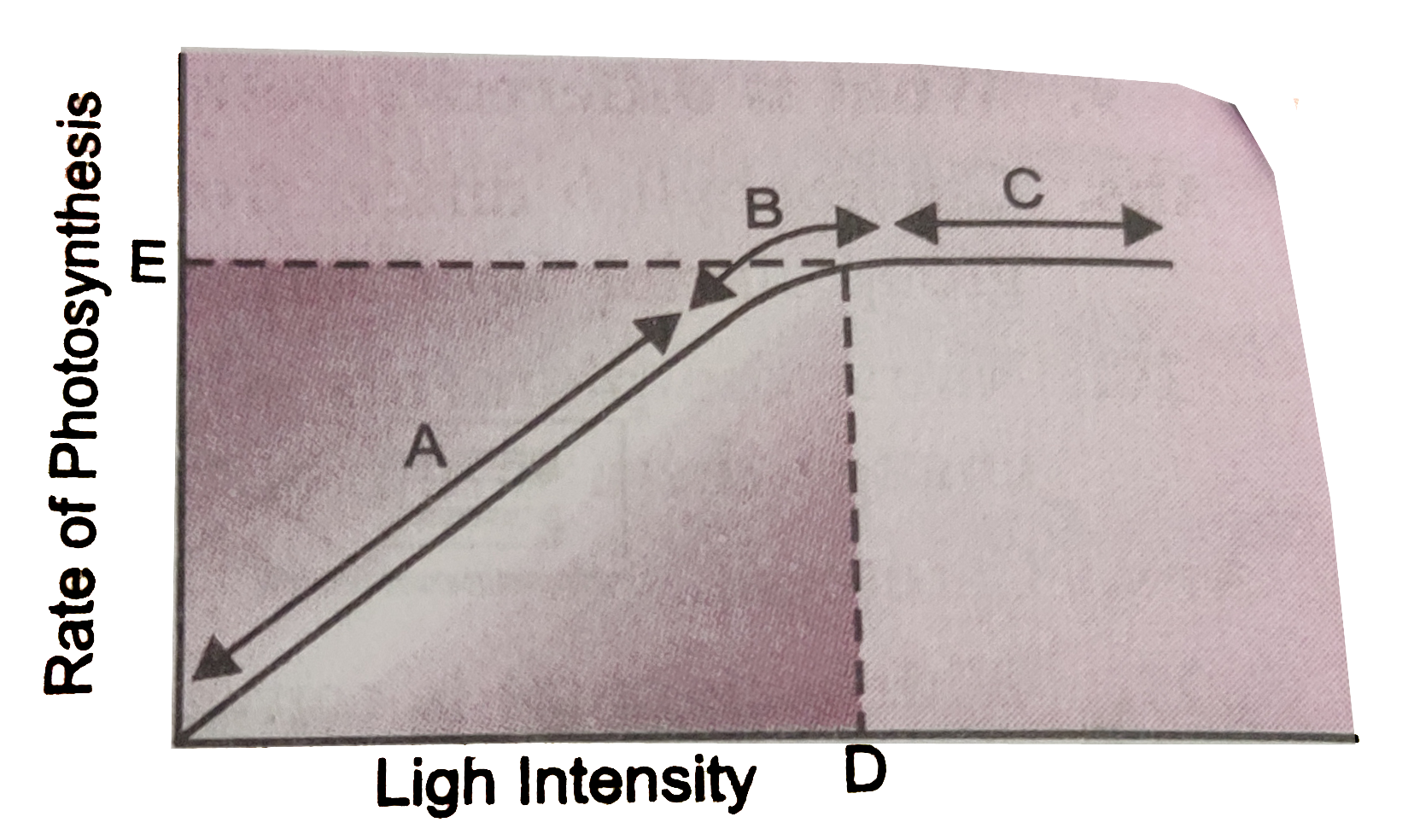What is limiting factor ?
Video Solution
Text Solution
It is a factor which is deficient to such a level that enhancement in its concentration directly the rate of the process .
|
Updated on:21/07/2023
Topper's Solved these Questions
- BOOK - MODERN PUBLICATIONCHAPTER - PHOTOSYNTHESIS IN HIGHER PLANTSEXERCISE - PRACTICE PROBLEMS-PHOTOSYNTHESIS18videos
PHOTOSYNTHESIS IN HIGHER PLANTS
- BOOK - MODERN PUBLICATIONCHAPTER - PHOTOSYNTHESIS IN HIGHER PLANTSEXERCISE - NCERT FILE ( NCERT EXERCISE QUESTIONS )9videos
PHOTOSYNTHESIS IN HIGHER PLANTS
- BOOK - MODERN PUBLICATIONCHAPTER - NEURAL CONTROL AND COORDINATIONEXERCISE - Chapter Practice Test11videos
NEURAL CONTROL AND COORDINATION
- BOOK - MODERN PUBLICATIONCHAPTER - PLANT GROWTH AND DEVELOPMENTEXERCISE - CASE BASED SHORT ANSWER TYPE QUESTIONS1videos
PLANT GROWTH AND DEVELOPMENT
Similar Questions
Knowledge Check
- Question 1 - Select One
Law of limiting factor is
ALaw of maximumBLaw of minimumCLaw of optimumDAll the above. - Question 2 - Select One
Law of limiting factor is
ALaw of maximumBLaw of minimumCLaw of optimumDAll of the above - Question 3 - Select One
Which of the following statements is correct with respect to Blackman's law of limiting factor ?
AOnly one factor can be limited in photosynthesisBPhotosynthesis consists of a light and dark reactionCThe trapping of light by chloroplast is temperature dependentDThe trapping of light by chloroplast can occur only if CO2 is present
What is limiting reactant in a reaction ?
View SolutionWhat is limiting reactant in a reaction ?
View SolutionFigure shows, the effect of light on the rate of photosynthesis Based on the graph, answer the following questions.
a) At which points (A,B or C) in the curve is light a limiting factor?

b) What could be the limiting factor/s in region A?
c) What do C and D represent on the curve?View SolutionWho gave the law of limiting factors?
View SolutionThe law of limiting factors was given by ___ in the year___
View Solution
